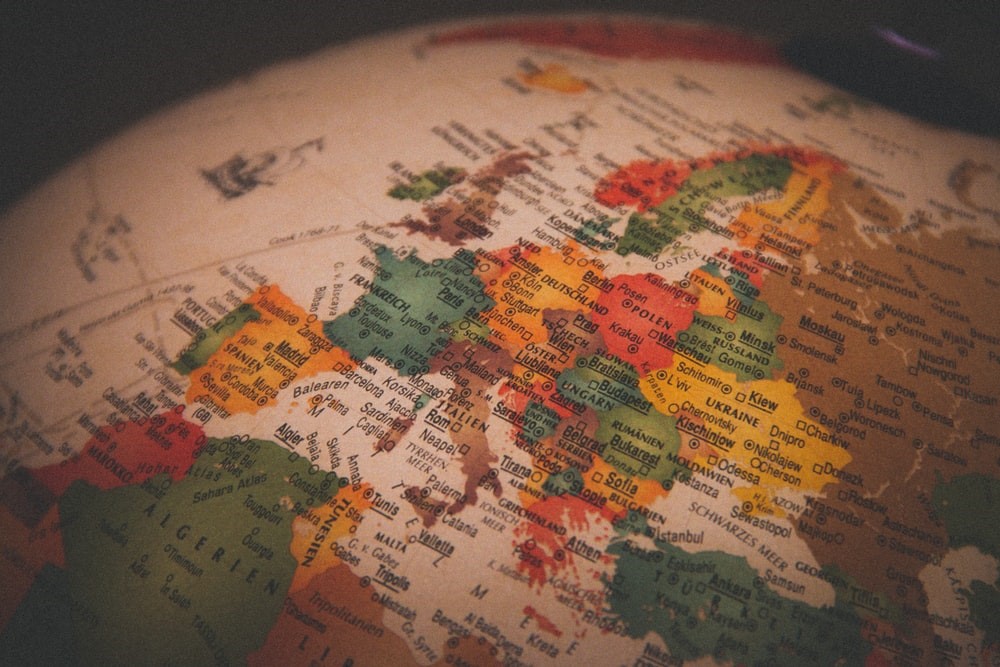
What Are Conservative Alerts? Here’s Everything You Need To Know
Conservative alerts are the aesthetic, cultural, social, and political philosophies. These embody the desire to conserve traditional social institutions, held to be either good, better than the likely alternatives, familiar or at least safe objects of affection and trust.
Conservative alerts can vary concerning the traditions and values of a culture in which it appears. In Western culture, conservatives conserve a range of things such as:
- Organized religion
- Property rights
- Parliamentary government
- Family values
- The social order
- The rule of law
- The culture of life
- The natural environment
- Classical and vernacular culture
Adherents of conservatism frequently oppose modernism and seek a return towards traditional values. Let’s discuss this concept in a little more detail.
Here’s Everything To Understand About Conservative Alerts
Historically associated with right-wing politics, the term “conservatism” has been used to describe a wide range of views. There is no sole set of policies regarded as conservative because the meaning depends on what is considered traditional in a set place and period. Conservative alerts have varied considerably as they have been adapted to existing traditions and national cultures.
For instance, certain conservatives advocate for more significant government intervention in the economy, while others advocate for a more laissez-faire free-market economic system. Hence, conservatives from different parts of the world, each upholding their traditions, may disagree on a wide range of issues.
What Are Liberal-Conservative Alerts?
Liberal, conservative alerts incorporate the classical liberal view of minimal government intervention in the economy. Individuals must be free to participate in the market and generate wealth without government interference.
However, these individuals cannot be thoroughly depended on to act dutifully in other spheres of life; therefore, liberal conservatives consider that a strong state is necessary to ensure law and order and social institutions are required to nurture a sense of duty and responsibility nation. Liberal conservatism is a modified form of conservative alerts that are strongly influenced by liberal stances.
Historically, the term “liberal conservatism” is often referred to as the amalgamation of economic liberalism. This champions laissez-faire markets, with the classical conservatism concern for established tradition, respect for authority and religious values.
It contrasted itself with classical liberalism, supported by freedom for the independent in economic and social scopes.
Over time, the general conservative philosophy in many countries adopted monetarily conservative arguments, and the term liberal conservatism was changed with conservatism. This is also the case in nations where liberal economic ideas have been the tradition, such as the United States, considered conservative.
Lastly,
In countries where liberal, conservative movements have entered the political mainstream, such as Italy and Spain, the terms liberal and conservative may be identical. The liberal-conservative tradition in the United States combines the economic individuality of the classical liberals with a Burkean form of conservatism. This has also become part of the American conservative custom, such as in the works of Russell Kirk.
A second meaning for the term liberal conservatism was developed in Europe. It’s a mixture of more modern conservative (less orthodox) opinions with those of social liberalism. This has developed as resentment to the more collectivist views of socialism. Often this involves:
- Stressing conservative views of free-market economics
- Belief in individual responsibility
- Communitarian views on defense of civil rights
- Environmentalism support for a limited welfare state.
